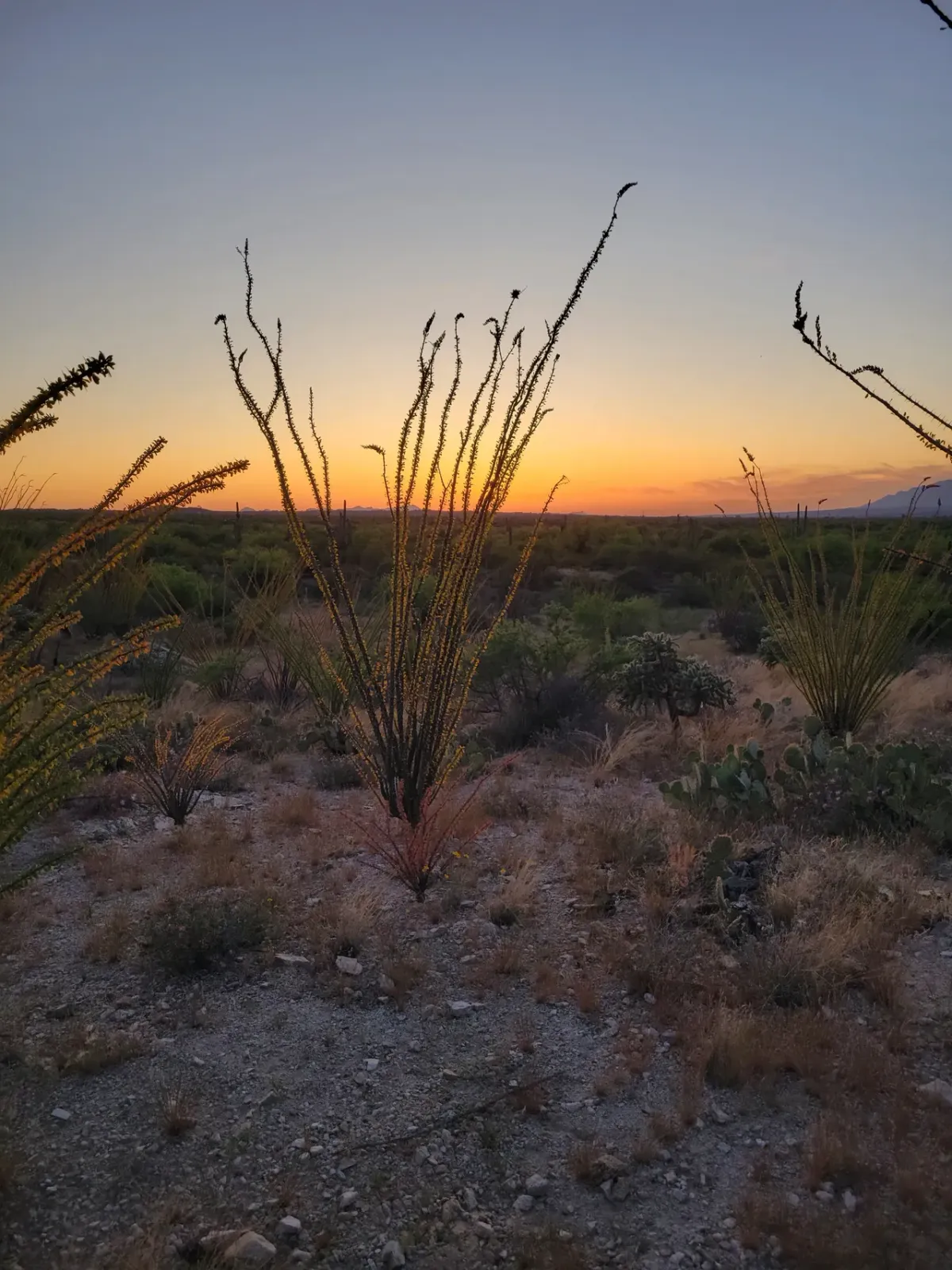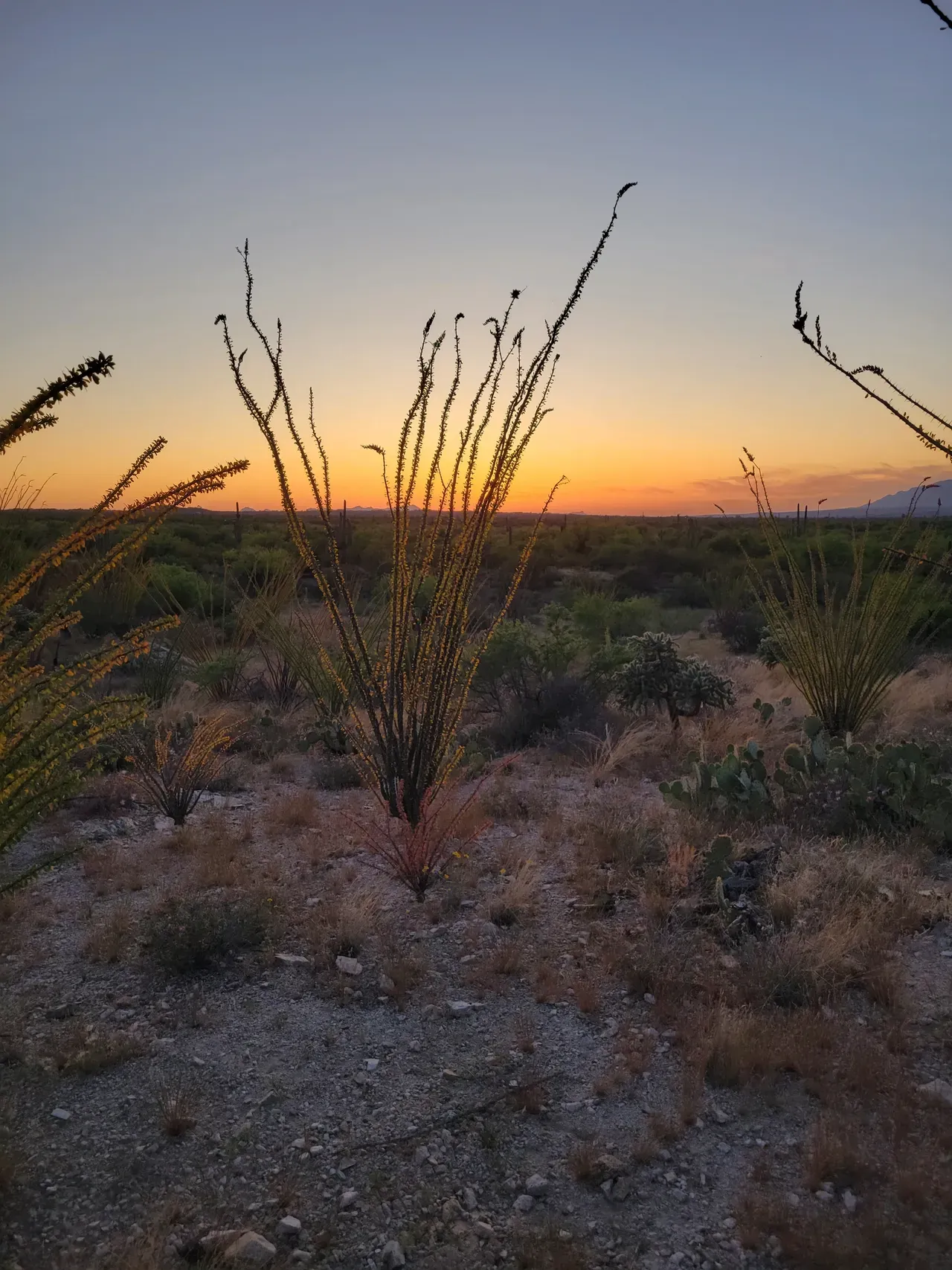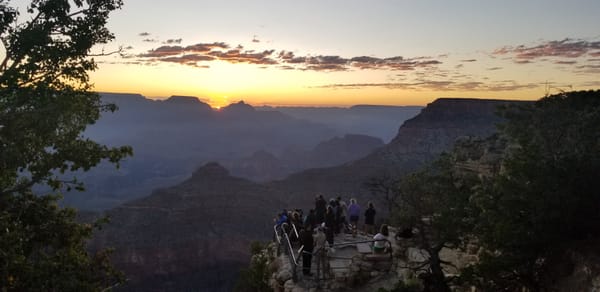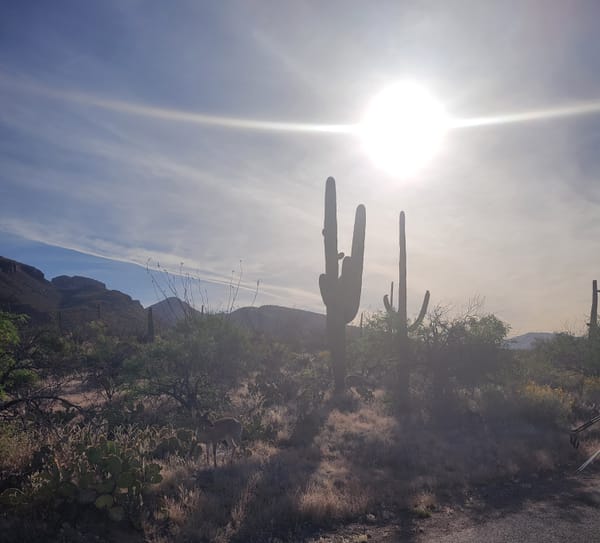Desert Etiquette You May Have Already Broken


The Arizona desert carries more than heat and silence. It holds stories, warnings, and rules that were passed down long before any roads cut through the land. You won’t find these rules posted at trailheads or printed in guidebooks. You hear them told by people who know better than to ignore them. Most travelers break one without meaning to. Most never realize they did.
1. Never Take Rocks or Artifacts
The desert does not hand out souvenirs. It lets you pass through.
That piece of pottery by the ruins or the shiny rock near your campsite may feel like a harmless keepsake. However, beliefs run deep here. What’s part of the land should stay with the land. Taking anything can bring something back with you, and not the kind of thing you want to explain over dinner.
Park rangers across Arizona still receive returned items in the mail. People send them with handwritten notes, usually apologizing. They mention bad luck, illness, or just a string of strange events that started after the item left the desert. Whether you believe in curses or not, the pattern is hard to ignore.
If it was here before you arrived, leave it where you found it.
2. Don't Whistle at Night
Some sounds do not belong in the desert after dark. In many Native traditions, including Tohono O’odham and Navajo, whistling at night is seen as a way to call things you don’t want near you. Some say it attracts spirits. Others believe it draws skinwalkers. Either way, the rule is clear. Keep quiet when the sun goes down.
Even if you don’t believe any of it, you will feel it when you try. Sit alone in the desert, under a moonlit sky, and let out a whistle. The air shifts. The silence presses in. You’ll want to stop, and you won’t be sure why.
3. Don't Point at a Rainbow
Rainbows feel rare out here and when one shows up after a storm, it cuts across the desert like a spotlight. Most people can’t help but point.
That’s exactly what you’re not supposed to do.
In some Native traditions, pointing at a rainbow is seen as disrespect. Some say it brings misfortune. Others believe it draws the wrong kind of attention. A rainbow is not just a sky trick. It means something. You are supposed to notice it without trying to claim it.
Let your eyes do the looking. Nothing else.
4. Leave Desert Animals Alone - Especially Owls
You will see animals out here that feel like part of the landscape. Coyotes at dawn. Lizards warming on the rocks. Hawks floating in silence. Most of them want nothing to do with you, and that is a good thing.
However, if you see an owl, pay attention. In many tribal beliefs, especially among the Hopi and Apache, owls are not just birds. They are messengers. Some carry warnings. Others are tied to death. The meanings vary, but the rule stays the same. Do not follow them, do not photograph them, and do not treat the moment like a sighting at the zoo.
If an owl appears in the desert, let it pass. That is not your moment to hold on to.
5. Avoid Ruins After Dark
The desert is full of ruins. Some are ancient, built into cliffs or buried in washes. Others are crumbling miner cabins or the remains of old ranches. Most people see them as history. Some see them as something else.
Stories say these places are not empty. After dark, the quiet deepens, and the air shifts. Some believe spirits become more active. Others say the energy of the past rises when the sun disappears. These places belonged to people who are not here to speak anymore. Walking through them at night is not just reckless. It is a mistake.
Whatever curiosity pulls you in, leave it for the daylight.
6. Always Greet the Desert
Some people believe you should speak before entering the desert. Not in a loud way. Not for anyone else to hear. Just a quiet greeting. A quiet hello, a pause before stepping onto the trail as a small sign of respect.
You should not walk into the desert like you own it. You are not in control out here. You are a visitor in a place older than memory. Some traditions say you should announce yourself so the land knows your intention. Others say you should ask for safe passage. Even if you do not believe any of it, taking a moment before you step onto the trail is not only about superstition. It is about awareness.
Slow down. Look around. Then walk in.
If You're Still Listening
The desert does not chase after you or try to scare you. It does pay attention.
These superstitions are not rules to follow out of fear. They are reminders. Listen before you speak. Walk with care. Understand that not everything is meant to be explained.
Most people break one of these without knowing. Some learn later. Some don’t.
Either way, the desert is still watching.





